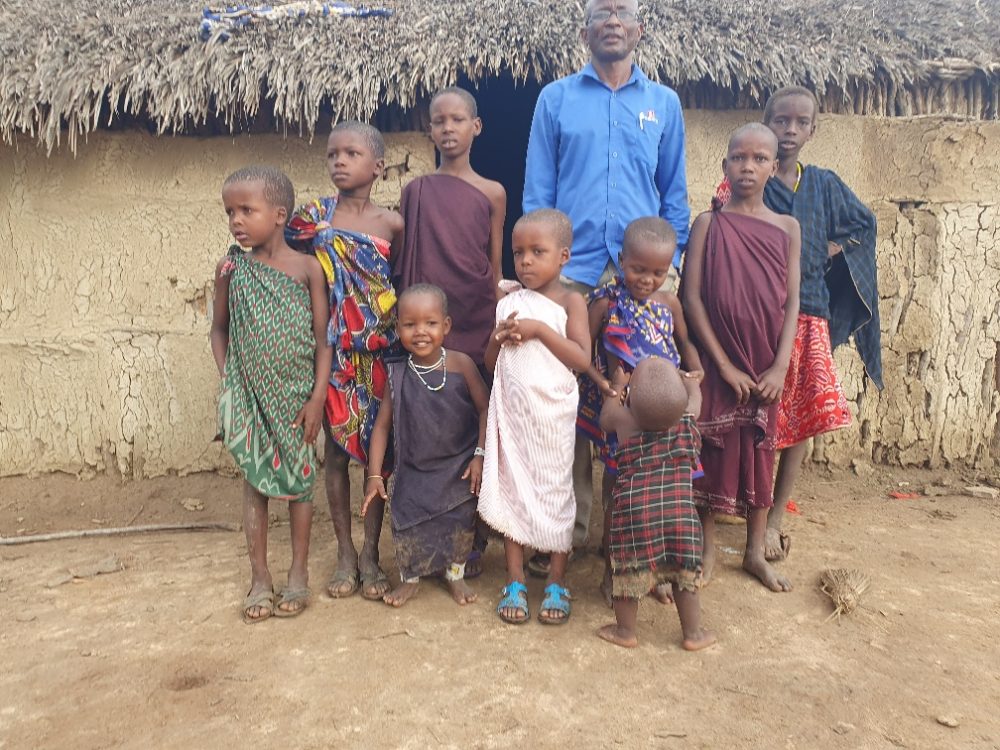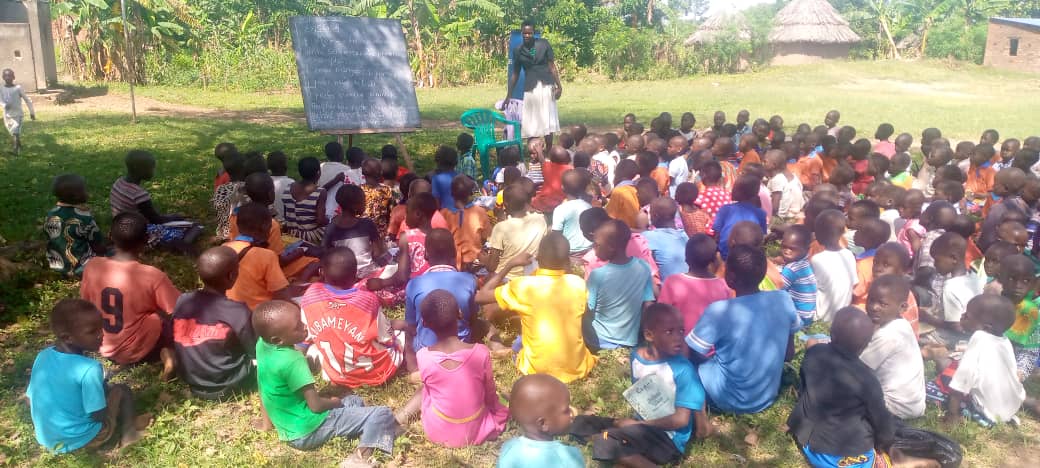CIVICOM AID
Civicom Aid is an International Non-Governmental Organization (INGO) working across East Africa working with the most marginalized communities in remote villages, remote drylands, and urban slums. Our projects are community-designed, community-led, and community-owned. These projects help ultra-poor households move out of extreme poverty, create jobs, reduce waterborne diseases, bring out-of-school learners back to school, and keep leaners at risk of dropping out in school.
VISION
Strong self-reliant communities across rural, dryland, and slum-areas of Africa.
Microenterprises Program
The Microenterprise Development Program applies the Ultra-Poor Graduation approach by providing coaching, productive capital, and social support to historically marginalized rural, dryland, and slum households, enabling them to create jobs, improve food security, and build sustainable, economic resilience.
Build a School Program
The Build a School Program builds classrooms, toilets, and water points in rural, dryland, and slum schools that have existed for over 20 years without any facilities, eliminating studying under trees, using trees as toilets, and suffering from waterborne diseases and air pollution from human waste.
MISSION
We end poverty by uplifting vulnerable communities through education, food security, and digital opportunities.
Youth Pathway Program
The Youth Program applies a skills development approach, offering training in STEM, entrepreneurship, and leadership to marginalized youth in rural, dryland, and slum communities, helping them gain digital employment, create jobs, and build long-term economic resilience in their communities.
Sponsor a Child Program
The Child Sponsorship Program supports out-of-school children and those at risk of dropping out in rural, dryland, and slum communities by providing school fees, learning materials, and family farming support, helping them stay in school, improve academic performance, and build a brighter future.
Volunteer Opportunities
Onsite and Remote Opportunities
How Civicom Aid Started

Their response was poignant: “In our villages, there is no water, no resources, no food.” Women and children traveled long distances to fetch water, and people in drylands struggled for every meal. The critical realization emerged—water was the key. Determined to make a difference, Jonathan initiated a multifaceted approach.
Starting with building water access in villages, he extended efforts to farming projects for food security, fostering prosperity. The next steps involved enhancing education and health to empower these marginalized communities. Through these initiatives, rural areas, drylands, and slums could break free from a century-long cycle of devastation and abandonment. Jonathan’s journey illuminated a path towards transformation, driven by the fundamental belief that water could be the catalyst for positive change.
In 2018 during a pivotal journey to Makueni County, Kenya, Jonathan Munyany encountered a stark reality. While touring the vast and flourishing properties of a wealthy businessman seeking help exporting meat to the Middle East, Jonathan observed a profound contrast. Amidst the prosperity of ranches, he couldn’t ignore the persistent poverty and destitution in the villages.
The absence of young adults, the vital force for community development, struck Jonathan deeply. Inquiring about their whereabouts, he discovered that many had left for towns and cities in search of jobs and reliable access to food and water. However, these urban areas offered little in terms of quality living conditions, with workers from villages residing in makeshift slums
Jonathan’s exploration revealed young men in the villages grappling with substance abuse and limited hope for the future. Disturbingly, some planned to marry young girls due to the scarcity of women their age. Motivated by these dire conditions, Jonathan delved into the issue further, visiting Nairobi to understand why young people felt compelled to leave their homes.

